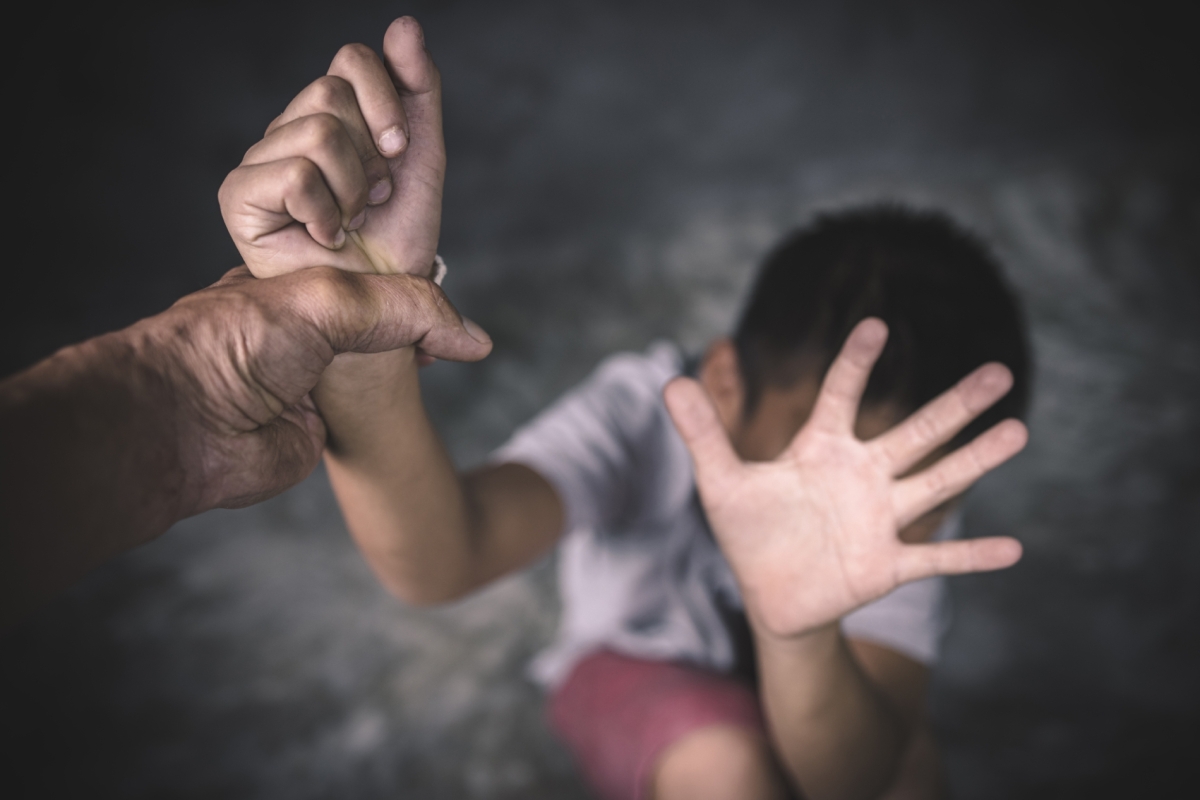
Tunisia’s General Delegate for Child Protection has sounded the alarm over the persistent and deeply troubling scale of violence and abuse targeting children, revealing that the country records approximately 25,000 reports of children in danger each year.
Speaking on national radio on Tuesday, August 5, 2025, Moncef Ben Abdallah, General Delegate for Child Protection, said the figures handled by the Ministry of Women, Family, Children and Seniors have remained consistently high, reflecting a wide range of abuse — from verbal and physical violence to sexual assault and digital exploitation.
“Exposure of minors to obscene images, even passively on digital platforms, constitutes a form of sexual exploitation in the eyes of the law,” Ben Abdallah stated, underlining the urgent threat posed by social media and the internet.
He stressed that this growing phenomenon now ranks among the top priorities for child protection authorities.
He further pointed to a lesser-discussed but equally critical concern — children who are deprived of family support.
These minors, often invisible in public discourse, are particularly vulnerable and face serious risks of marginalization and exploitation.
In response, the Ministry has established integrated reception and care centres, aimed at providing these children with a stable living environment, psychological and social assistance, and pathways to reintegration into society.
To ensure swift action in emergencies, the government has reinforced its child protection infrastructure with two dedicated reporting hotlines: 192, available during official working hours, and 1809, active outside those hours.
These helplines serve as rapid response tools, enabling immediate referrals to relevant authorities.
“The persistence of these numbers highlights the fragility of family and social structures, and the normalization of abusive dynamics,” Ben Abdallah warned.
As Tunisia grapples with evolving forms of child endangerment, especially in the digital age, authorities acknowledge that current intervention tools remain inadequate.
Strengthening protection systems, public awareness, and institutional coordination continues to be an urgent national imperative.



